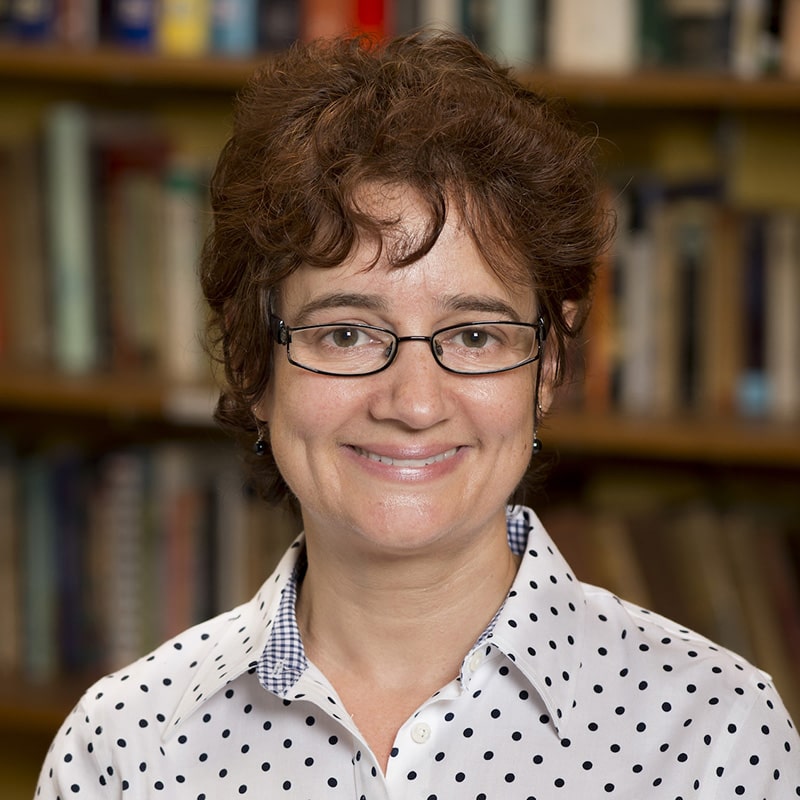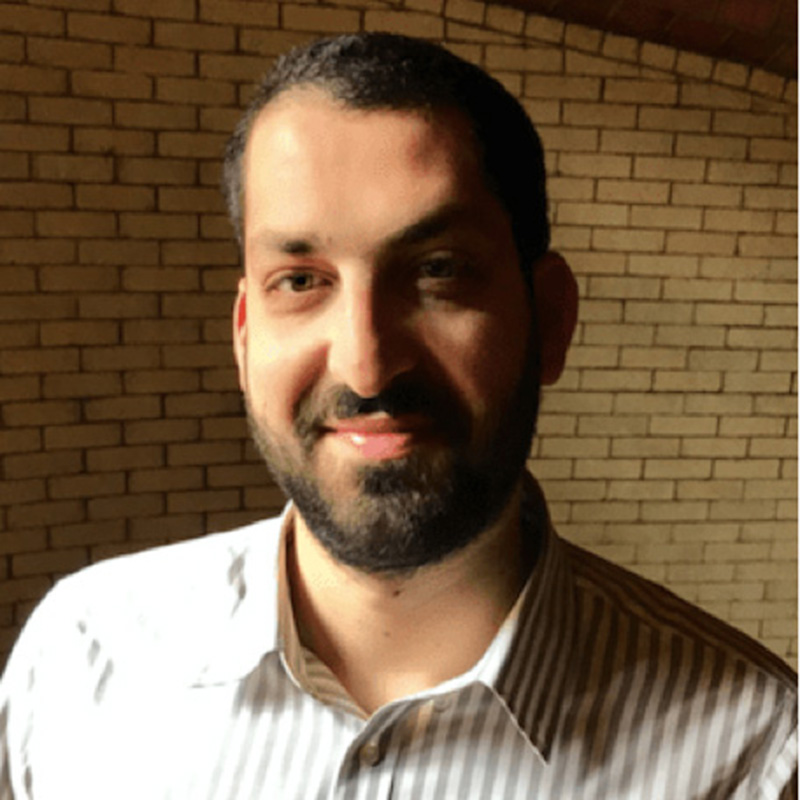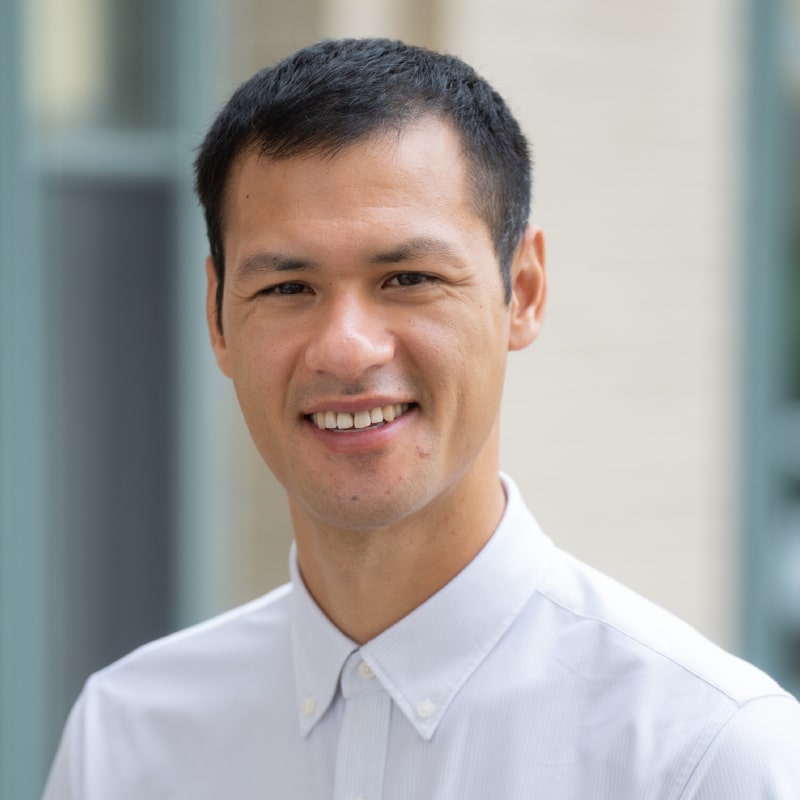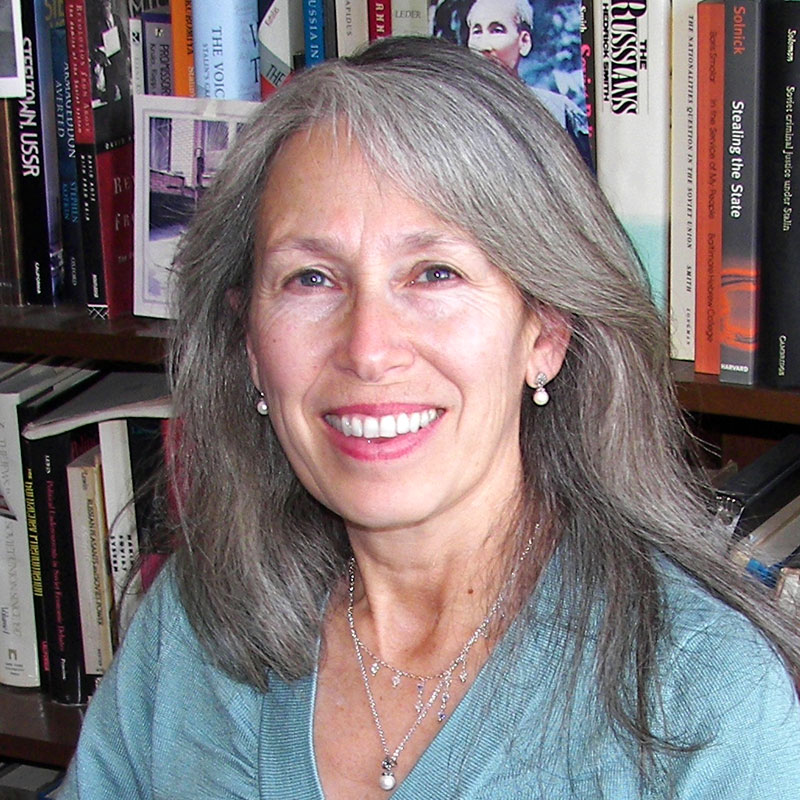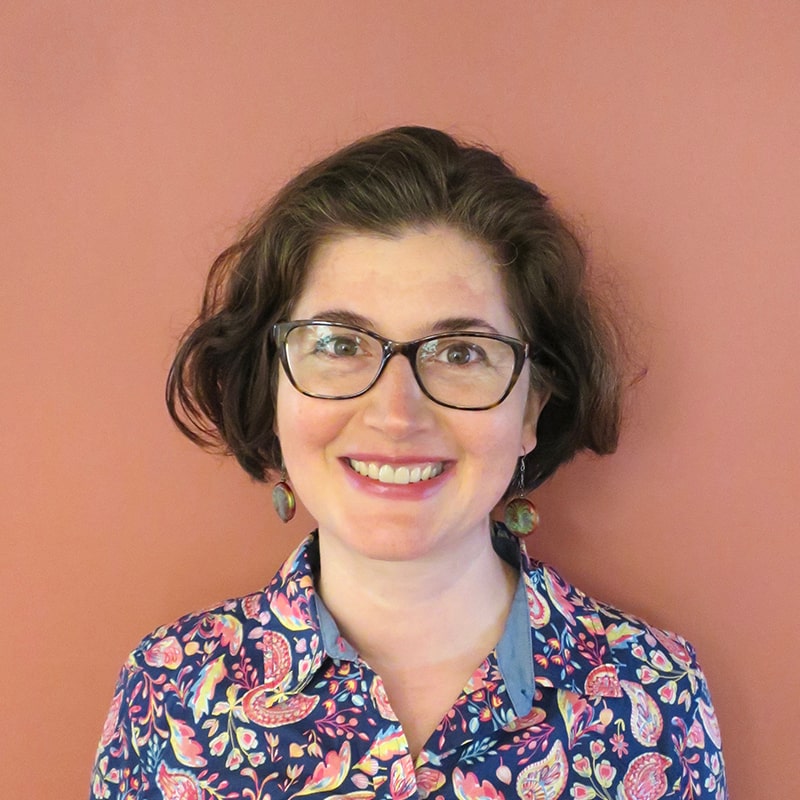On the Brink: A Panel Discussion on Russia and Ukraine
Monday, February 28, 2022
5 p.m. to 6 p.m. ET
Register for this Zoom event
Please note that we will not be recording this event. Thank you for your understanding.
Join us for a panel discussion of the conflict between Russia and Ukraine. Moderated by Dr. Andreea Deciu Ritivoi, William S. Dietrich Professor of English and Head of the English Department, the panel will feature:
- Dr. Daniel Silverman, Assistant Professor, Institute for Politics and Strategy
- Dr. David Parker, Assistant Teaching Professor of Russian Studies, Department of Modern Languages
- Dr. Wendy Goldman, Paul Mellon Distinguished Professor of History, Department of History
- Dr. Emanuela Grama, Assistant Professor and Director of Global Studies, Department of History
This event is co-sponsored by Dietrich College of Humanities and Social Sciences, the Department of Modern Languages, the Department of History, and the Department of English.
About Andreea Deciu Ritivoi
My research interests include rhetorical theory and Continental philosophy, narrative and identity, exile and transnationalism, Eastern European societies, and controversy. I teach courses on contemporary rhetorical theory, argument, research methods, international communication, and narrative theory. I am the author of Yesterday's Self: Nostalgia and the Construction of Personal Identity (Rowman and Littlefield 2002) and Paul Ricoeur: Tradition and Innovation in Rhetorical Theory (SUNY 2006), and the editor of Interpretation and Its Objects: Studies in the Philosophy of Michael Krausz (Rodopi 2004) and (with Richard Howells and Judith Schachter) of Outrage! Art, Controversy, and Society (Palgrave MacMillan 2012). I serve on the editorial board of Rhetoric Society Quarterly, Storyworlds, and Etudes Ricoeuriennes/Ricoeur Studies.
About Daniel Silverman
Daniel is an Assistant Professor at the Institute for Politics and Strategy at Carnegie Mellon University. His research focuses on the dynamics of violent conflict, especially in the Middle East and the wider Islamic world. He is particularly interested in the psychological factors – including the biases and misperceptions – that drive conflicts, and how they can be mitigated or leveraged to promote peace.
To date, his research is published or forthcoming in International Organization, International Studies Quarterly (twice), the Journal of Conflict Resolution (twice), Security Studies, Political Research Quarterly, and Studies in Conflict and Terrorism. Before arriving at CMU, he received his PhD in political science at the Ohio State University and his BA in political science at the University of Pennsylvania. More detailed information is available on his website.
About David Parker
My research explores literary depictions of the individual within late Soviet prose, particularly in relation to the modernist and socialist realist literature that dominated the first half of 20th-century Russian literature. As a language instructor, I advocate for cross-cultural and interdisciplinary exchange, both as an object of study as well as within the classroom itself to enrich the learning experience for all students. In addition to Russia and the former Soviet Union, my work also explores the concept of "Yugoslavism" and the cultural history of former Yugoslavia.
About Wendy Goldman
Wendy Z. Goldman, Paul Mellon Distinguished Professor of History, is a social and political historian of Russia. Her early work, Women, the State and Revolution: Soviet Family Policy and Social Life, 1917-1936 (Cambridge University Press, 1993) (awarded the Berkshire Conference Book Award) and Women at the Gates: Gender and Industry in Stalin’s Russia Women (Cambridge University Press, 2002) focused on family policy, women's emancipation, and industrialization. She wrote about Stalinist repression in Terror and Democracy in the Age of Stalin: The Social Dynamics of Repression (Cambridge University Press, 2007) and Inventing the Enemy: Denunciation and Terror in Stalin’s Russia (Cambridge University Press, 2011) (awarded Honorable Mention, Reginald Zelnik Book Prize in History.) She published (with Dr. Joe William Trotter Jr., co-editor) The Ghetto in Global History: 1500 to the Present (Routledge, 2018.) She focused on World War II in Hunger and War: Food Provisioning in the Soviet Union During World War II (Indiana University Press, 2015) (Donald Filtzer, co-editor). Her most recent work (with Donald Filtzer), Fortress Dark and Stern: The Soviet Home Front during World War II (Oxford University Press, 2021) is the first comprehensive study of the contribution of the Soviet home front to the victory in World War II. Her articles and books have been translated into Russian, Czech, Spanish, Portuguese, Italian, German, and Japanese. She received grants from the John Simon Guggenheim Foundation, National Endowment for the Humanities, American Council of Learned Societies, Social Science Research Council, and National Council for Eurasian and East European Research. She directs a long-running faculty and graduate student exchange between CMU and Russian State University for the Humanities in Moscow, heads the Socialist Studies Seminar, focused on socialist and post socialist movements and states, and is the director of the CMU Prison Education Project.
About Emanuela Grama
Emanuela Grama specializes in the history of 20th-century Central and Eastern Europe, with a focus on urban politics, processes of state-making, property, memory and cultural change in 20th- and 21st-century Romania. She received her PhD from the Interdisciplinary Program in Anthropology and History of the University of Michigan, Ann Arbor. She has conducted extensive archival and ethnographic research in different locations in Romania, and has published on a range of topics, including 1) the politics of archaeology and nationalism under socialism 2) urban planning, state-making and material practices, 3) petitions, intertextuality, and citizenship in socialism, and 4) plagiarism in post-socialism.
She is also a recipient of fellowships from the Wenner GrenFoundation For Anthropological Research (dissertation research grant), the American Council for Learned Societies (dissertation writing grant), and the Max Weber Postdoctoral Program of the European University Institute, Florence, Italy.
Her first book, Socialist Heritage: The Politics of Past and Place in Romania (Indiana University Press, 2019) is the winner of the 2020 Ed Hewett book prize, offered by the Association for Slavic, East European, and Eurasian Studies for "an outstanding monograph on the political economy of Russia, Eurasia and/or Eastern Europe." The book traces the transformation of a central district of Bucharest, the Old Town, from a socially and ethnically diverse place in the early 20th century, into an epitome of national history under socialism, and then, starting in the 2000s, into the historic center of a European capital. An archival and ethnographic research of the changing meanings of the Old Town reveals the fundamentally dual nature of heritage: Behind every search for the essence of an idealized past lie strategies of differentiation that can lead to further marginalization and exclusion.
Her second book manuscript in progress is a historical and anthropological study of property restitution, ethnic rights, and Europeanization, with a focus on the multiethnic region of Transylvania, Romania.
